Slow Horses is the best thing on television. And it’s now so successful and popular it can afford to launch series three with a sequence worthy of James Bond: Istanbul location budget; spectacular chase sequences involving cars and speedboats with some thrillingly dangerous maneuvers round a huge container vessel; a beautiful, immaculately dressed female agent meeting (spoiler alert, though to be fair you can see this one coming a mile off) a tragically sticky end.
Except it’s better than Bond — not that difficult these days, it must be said — because it is missing all that grim portentousness, over-earnestness and pomposity. The cars are beaten up and gadget-free; the stunts look plausible; and the agents behave like real human beings. When one catches another rifling through her private documents (they are lovers) and she asks him what he’s up to he can’t think of a decent lie on the spot. Conspiracies there may be, but all the main focus is on the miscalculations.
The jokes show where it differs from its obvious influence: John le Carré. George Smiley, I imagine, was something akin to the spy David Cornwell would have liked to have been when he was a spook: reserved, meticulous, relentless, dull but decent. But I doubt there’s much fantasy wish fulfillment in Mick Herron’s Jackson Lamb, whose most notable characteristics are that he is overweight, farts a lot and lives off kebabs and whisky.
Actually, maybe there is a bit because, scabrously played by Gary Oldman, Lamb does have a few enviable strengths to counter his weaknesses. First, indestructibility: on that diet he really ought to be dead by now, and isn’t. Second, a talent for colorful invective: “You lot are about as useless as a paper condom.” Third, for all his air of cynicism and indifference, a level of competence that tells us it’s him who should really be deputy head of MI5 and not his snooty nemesis, Diana Taverner (played by Kristin Scott Thomas).
But that’s the main running joke. The official spies at the fancy MI5 HQ are so arrogant, venal, paranoid and double-dealing that they probably pose a bigger threat to national security than any of our foreign enemies. So it’s up to the unofficial ones — the rejects who’ve been sent to the back of beyond at Slough House — to clear up their mess and save the day.
Once you’ve grasped how basic the formula is, you might wonder how Herron has managed to stretch it out for eight novels (so far), or why you’d want to watch it for more than a couple of TV series.
But what both the books and the screen adaptation understand is that no matter how convoluted (and silly) the plots, or repetitive the themes, you can never put a foot wrong once you’ve created a cast of well-rounded, tricksy, eccentric, funny, maddening but adorable characters that come to be as familiar as old friends.
The Slough House team — angry, bitter, determined-to-prove himself River Cartwright (Jack Lowden), stoical but vulnerable recovering alcoholic Catherine Standish (Saskia Reeves), obnoxious supergeek Roddy Ho (Christopher Chung), et al. — are like the cast of Dad’s Army. You don’t care what they do, so long as you see them doing it: preferably in a sleazy bar at 1 am or in a grim, 1970s-style office piled with bulging, badly taped-together filing boxes. As for Oldman’s Lamb: he could sit there for an entire episode just breaking wind, stuffing his face with kebabs and reciting the telephone directory, and still you’d watch, enthralled.
If you want to feel really depressed, I highly recommend Squid Game: The Challenge. Just like in the original dystopian Korean drama series, desperate contestants participate in cruel dog-eat-dog challenges to win a life-changing cash prize ($4.5 million). The main difference is that instead of dying, they’re eliminated when harmless little explosive charges burst near their chest, signaling they’re out of the game.
It’s sordid and demeaning and shows humanity in its worst possible light. There is little room for camaraderie, let alone altruism. Rather, everyone behaves as they might in a maximum security prison, forming gangs, bullying the weak, picking on strangers for the flimsiest of reasons.
In one particularly excruciating sequence, four people are selected from four lines of competitors and sent into a room with four shapes on the wall: a circle, a triangle, a star and an umbrella. This is the prelude to the notorious cookie-cutter challenge: whichever shape they choose every single person in the line behind them will have to carve it out, perfectly, on pain of death, in a limited time and using only a sewing needle.
Clearly the umbrella is the most complicated shape, which no one in their right mind would pick. But if those four people cannot agree beforehand which shape to take — say if two stand there doggedly vying for the circle option — then they all “die” automatically. So someone, somehow, has to take the poisoned chalice.
Pity the poor guy who ends up doing so. The hatred and opprobrium he gets from the people in the line behind him is so great that I wouldn’t doubt that his life will be ruined for ever. And this is entertainment? Really?
This article was originally published in The Spectator’s UK magazine. Subscribe to the World edition here.



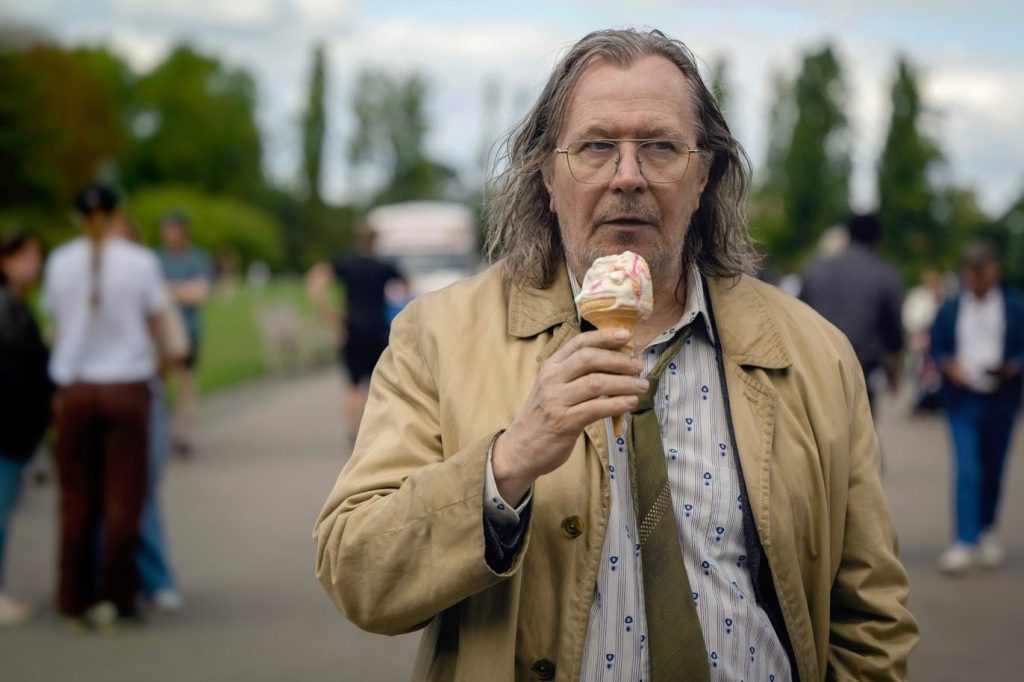



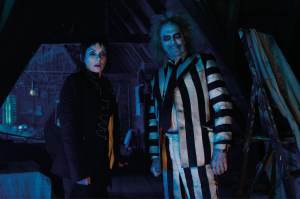


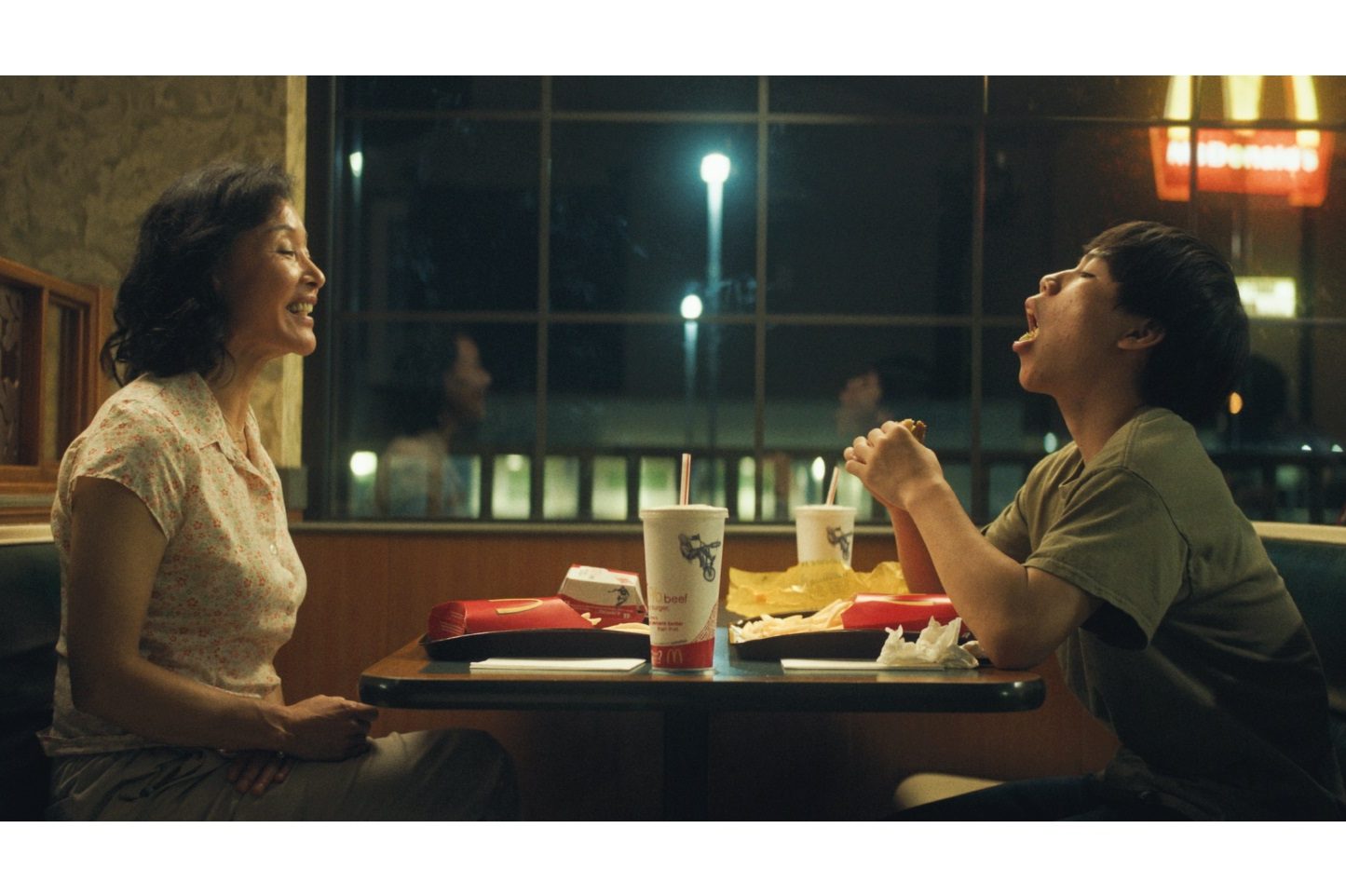
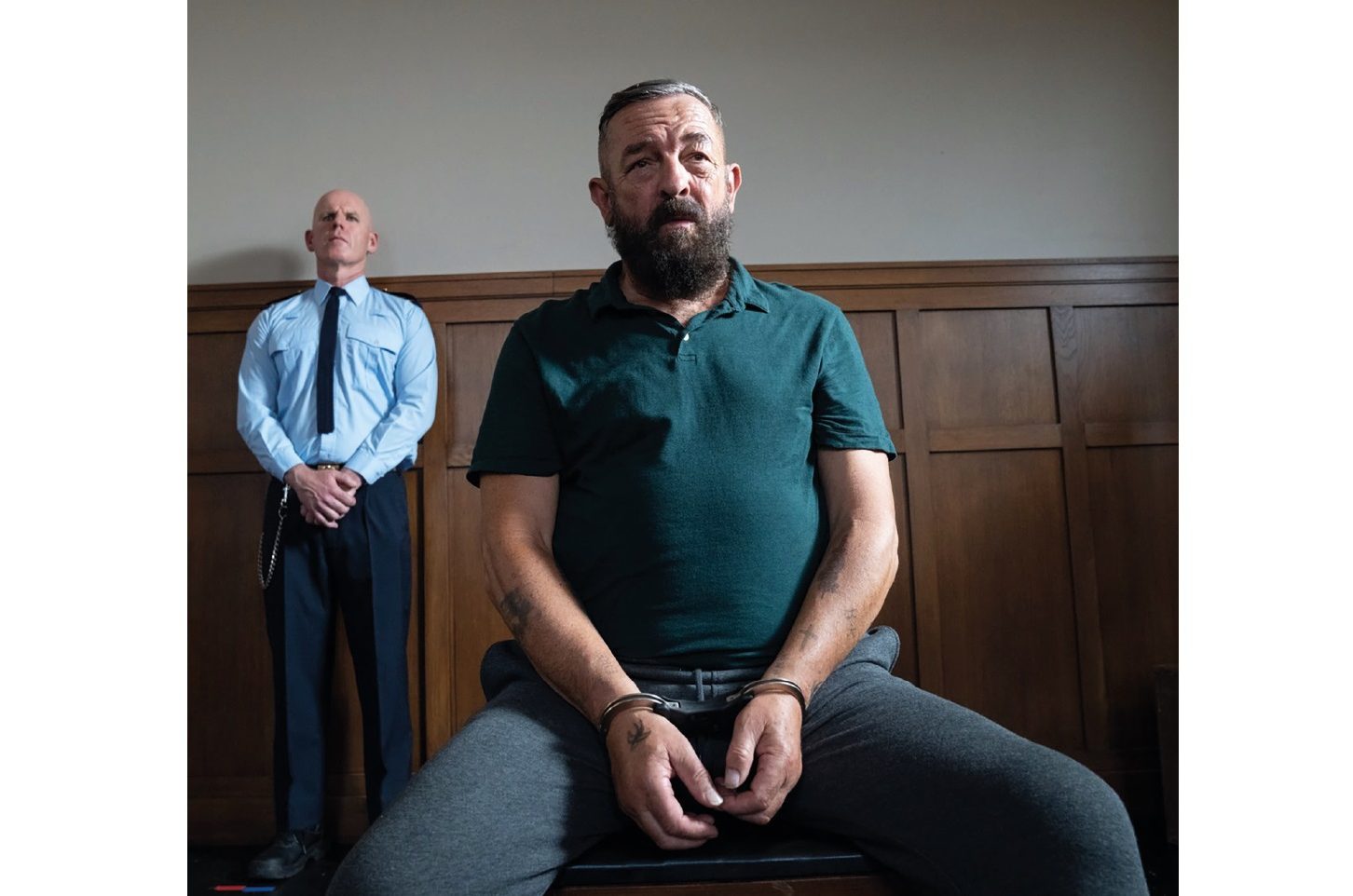


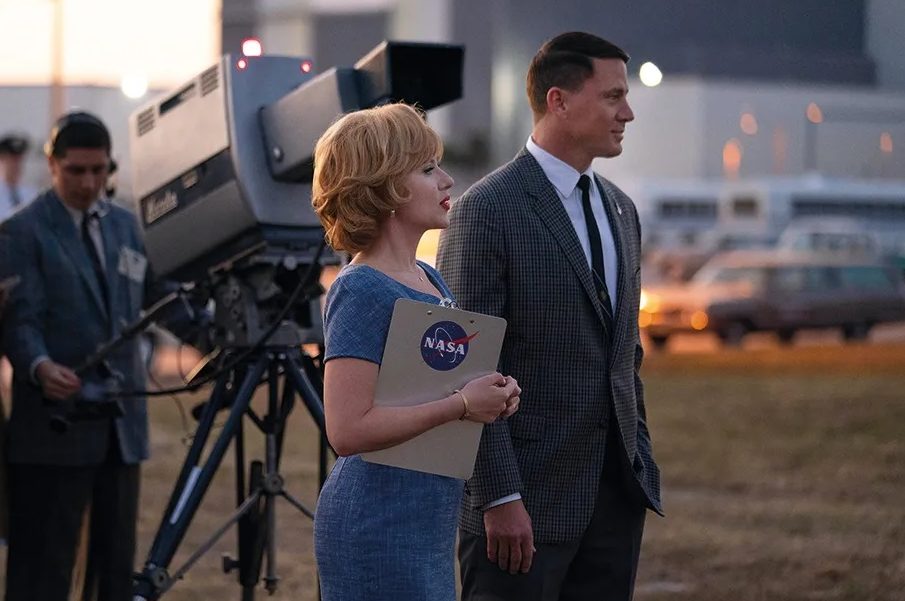







Leave a Reply